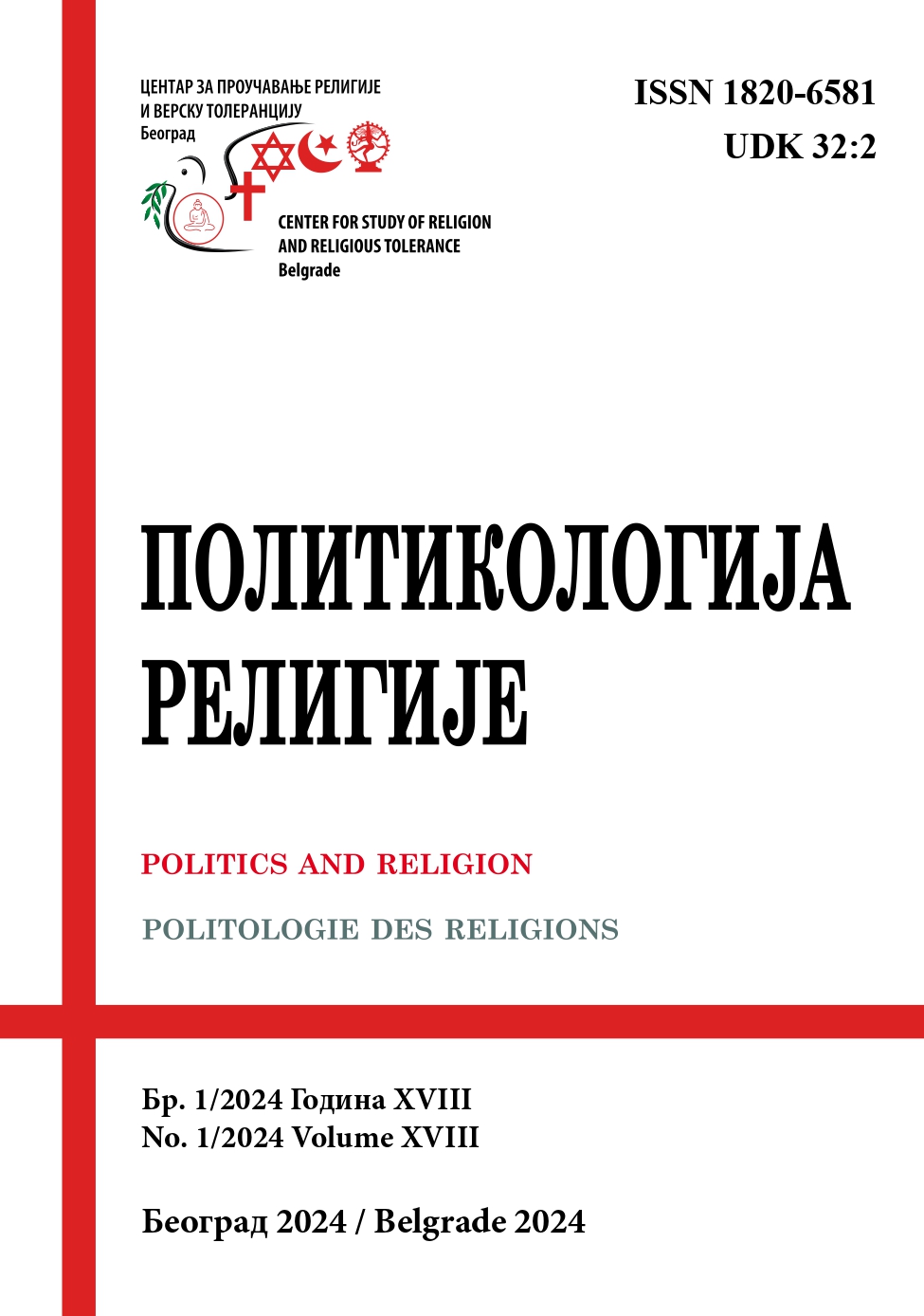Mizrahi Politics, Religion, and Ethnic Thinking
Mizrahi Politics, Religion, and Ethnic Thinking
Author(s): Gal LevySubject(s): Jewish Thought and Philosophy, History of Judaism, Politics and religion, Sociology of Religion
Published by: Центар за проучавање религије и верску толеранцију
Keywords: Mizrahi studies; Mizrahi religiosity; post-liberalism; performative citizenship; ethnic thinking
Summary/Abstract: In recent decades two major approaches sought to explain the intersection of Mizrahi ethnicity and citizenship in Israel. Since the early 1990s, Yoav Peled’s Multiple Citizenship paradigm has become dominant in explaining the differential, hierarchical and fragmented incorporation regime. Accordingly, affiliation to Jewish religion was part of an ethno-national discourse of citizenship which confined Mizrahim (Jews emanating from Muslim countries) to be trapped between the hegemonic Ashkenazim (Jews of European descent) and the Palestinian citizens. Recently, a counter explanation was offered, based on the interpretive repertoires that shape the political behavior of Ashkenazim and Mizrahim. Contrary to the liberal presuppositions of the Multiple Citizenship paradigm, this explanation places greater emphasis on cultural rather than material factors shaping political behaviours and even broader worldviews, while identifying each ethnic group with opposing cultural repertoires. By proposing the idea of “ethnic thinking” this article focuses on the entanglements of religiosity in Mizrahi politics in two case studies – the Mizrahi Democratic Rainbow (the Keshet) and New Mizrahim. Rejecting the tendency to identify Mizrahim as predisposed to traditionalism, this article challenges both approaches that arguably fail to account for the performative aspects of Mizrahi citizenship.
Journal: Политикологија религије
- Issue Year: 18/2024
- Issue No: 1
- Page Range: 49-75
- Page Count: 27
- Language: English

